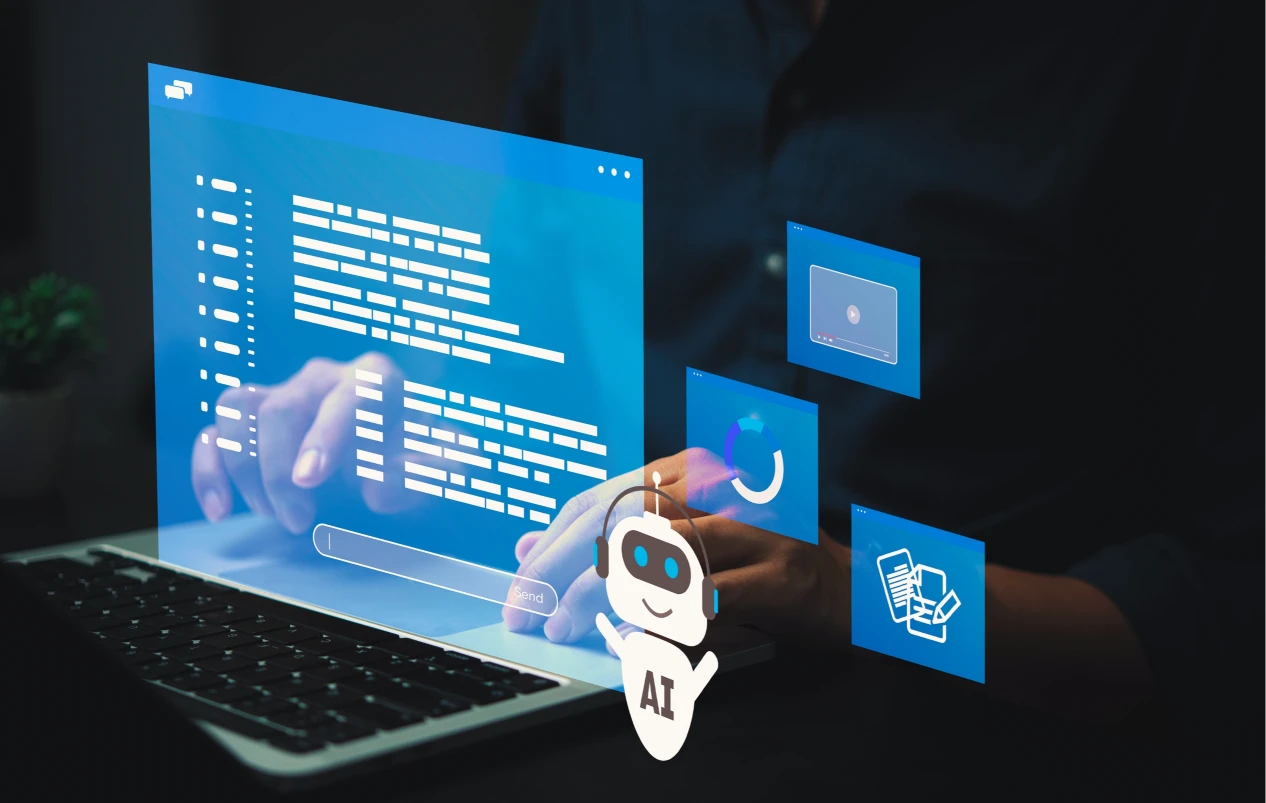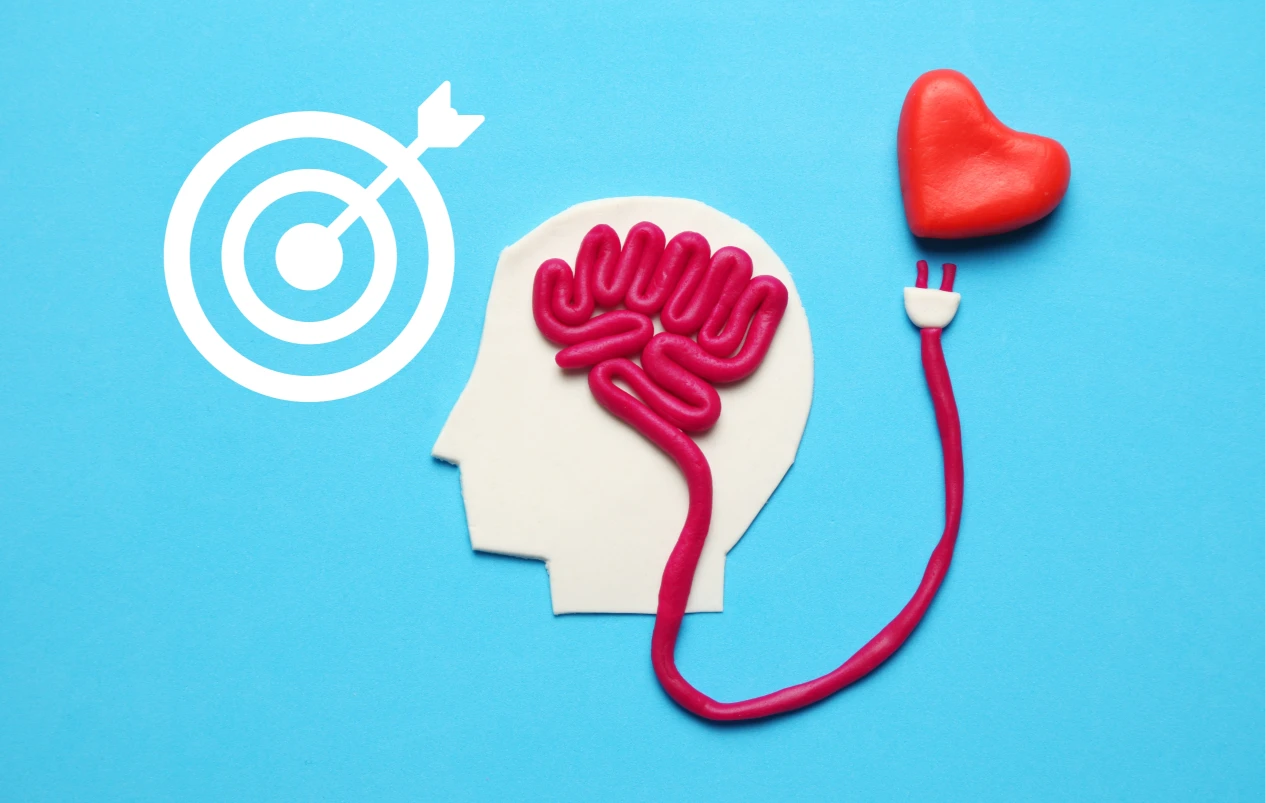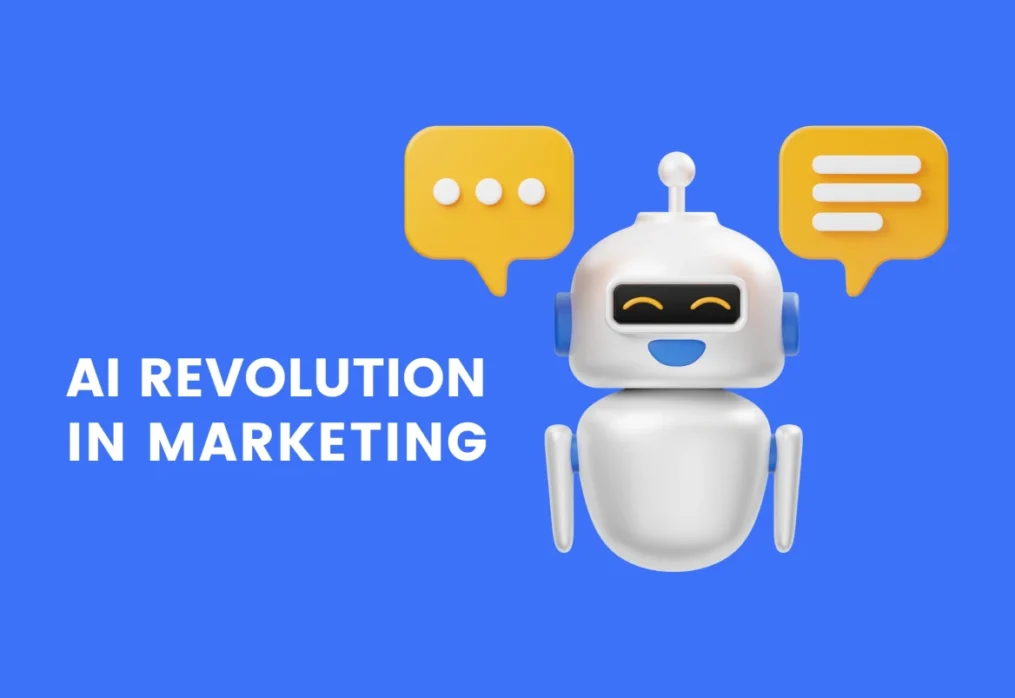AI Revolution in Marketing: Innovations and Challenges Shaping the 2024 Playbook
As we step into the year 2024, the marketing landscape is undergoing a transformative shift, largely driven by the rapid evolution and integration of artificial intelligence (AI). This technological revolution is not just a fleeting trend; it marks a paradigm shift in how brands engage with consumers, make strategic decisions and navigate the complex world of digital marketing. AI’s emergence as a central player in this arena heralds a new era of innovation, efficiency, and personalized customer experiences.
The importance of AI in marketing can hardly be overstated. It has become an indispensable tool for understanding and predicting customer behavior, automating repetitive tasks, and providing insights that were once beyond the reach of human capabilities. In this new digital age, AI stands as a beacon of progress, offering marketers unprecedented opportunities to connect with their audiences in more meaningful, impactful ways.
However, as with any significant change, this shift comes with its own set of challenges and considerations. Marketers must not only learn to harness the power of AI but also navigate the ethical implications and potential pitfalls that accompany its use. From generative AI altering the landscape of content creation to autonomous AI agents revolutionizing decision-making processes, the impact of AI is vast and multifaceted. Equally important is the need to maintain the human touch in an increasingly automated world, ensuring that the essence of marketing – creativity, empathy, and connection – remains at the heart of all strategies.
This blog post delves into these critical aspects of AI revolution in marketing, exploring both the revolutionary potential and the challenges that define the 2024 marketing playbook. As we embark on this journey through the AI revolution in marketing, we invite you to explore how these innovations and challenges are shaping the future of this dynamic field.
Generative AI: Reshaping Content Creation

Generative AI, a groundbreaking subset of artificial intelligence, is redefining the boundaries of content creation in marketing. At its core, generative AI refers to algorithms capable of producing new and original content, ranging from text to images and videos, based on the data fed into them. In the realm of marketing, this technology is leveraged to create compelling, diverse, and tailored content that resonates with targeted audiences. By analyzing vast amounts of data, generative AI can identify patterns and trends, allowing marketers to craft messages that are not only relevant but also highly personalized and engaging.
To fully appreciate the impact of generative AI, one must explore the variety of AI tools in digital marketing, each offering unique capabilities in content generation and strategy formulation.
Real-World Examples of Transformation in Content Creation

Generative AI is making waves in content creation, with numerous real-world applications that are reshaping the marketing landscape. For instance, AI-powered tools are now capable of crafting entire advertising copy, social media posts, and blog articles, significantly reducing the time and effort required in content development. Brands like Pepsi and Heineken have experimented with AI-generated advertisements, blending creativity and data to produce highly effective campaigns. In the realm of visual content, tools like DALL-E are enabling marketers to generate unique images and designs tailored to specific campaign needs, without the extensive resources traditionally associated with graphic design. This technology is not just a tool for efficiency; it’s a gateway to new realms of creativity and expression in marketing.
Examining AI’s role in creating different content types, from text-based articles to visually engaging infographics, reveals its versatility in enhancing marketing strategies.
Benefits and Potential Limitations
The benefits of generative AI in content creation are manifold. It offers unparalleled efficiency, allowing marketers to produce a high volume of content swiftly. This rapid content generation is a boon for companies needing to maintain a strong online presence across multiple platforms. Additionally, AI’s ability to analyze and utilize vast datasets means that content can be more personalized and targeted, increasing engagement and effectiveness.
However, there are limitations. The risk of homogenized content is real, as AI-generated material can lack the nuanced understanding and emotional depth that human creators bring. There’s also the challenge of ensuring that AI-generated content aligns with brand values and messaging, requiring careful oversight. Furthermore, ethical considerations, such as the potential for misrepresentation or misuse of AI tools, necessitate a thoughtful approach to generative AI’s application in marketing. As the technology continues to evolve, striking the right balance between leveraging AI for efficiency and maintaining authentic, creative storytelling will be crucial for marketers.
While discussing the benefits of generative AI, it’s also crucial to understand the evolving role of SEO in 2024, especially how AI is influencing search engine optimization strategies.
Autonomous AI Agents: Enhancing Decision-Making and Efficiency

Autonomous AI agents represent a significant leap in marketing technology, functioning as advanced tools that automate and optimize decision-making processes. These agents are programmed to act independently, analyzing data, learning from interactions, and executing tasks without constant human oversight, thereby enhancing both efficiency and effectiveness in marketing strategies.
Case Studies of Successful Implementation
One of the most notable implementations of autonomous AI agents is in the realm of customer service, where AI-powered chatbots handle a vast array of customer queries with remarkable precision and speed. For example, Sephora’s chatbot assists customers with product selection, offering personalized recommendations based on their preferences and purchase history. Similarly, in the automotive industry, Audi has employed AI agents to optimize its digital marketing strategies, resulting in increased customer engagement and higher conversion rates. These agents analyze user behavior on websites and social media platforms to tailor the marketing content dynamically, ensuring that potential customers receive the most relevant information and offers.
Improving Decision-Making and Operational Efficiency
Autonomous AI agents significantly enhance decision-making and operational efficiency by processing large volumes of data at a speed unattainable by humans. This rapid data analysis enables real-time adjustments to marketing strategies, ensuring that they remain aligned with consumer trends and behaviors. Moreover, by automating routine tasks, these agents free up human resources, allowing marketing teams to focus on more complex and creative aspects of their campaigns. The integration of autonomous AI in marketing not only boosts productivity but also ensures a more targeted and effective approach to customer engagement and retention.
The Human Touch in AI-Driven Marketing
In an era where AI-driven automation is becoming increasingly prevalent, it’s crucial to strike a delicate balance between technological efficiency and the irreplaceable value of human creativity. This synergy is fundamental in crafting marketing strategies that resonate deeply with audiences on a personal and emotional level.
Emotional Intelligence and Personalized Marketing

Emotional intelligence in marketing is about understanding and responding to the emotional needs and behaviors of consumers. AI can gather and analyze data, but it’s the human touch that interprets and applies this information with empathy and creativity. Personalized marketing, driven by emotional intelligence, is not just about addressing the customer by name or recommending products based on past purchases. It’s about creating a genuine, empathetic connection that fosters loyalty and trust. As we move into 2024, consider these top reasons for prioritizing emotional intelligence in marketing services:
Enhanced Customer Experience
Personalized interactions that resonate emotionally can significantly enhance the overall customer experience.
Increased Brand Loyalty
Customers are more likely to stay loyal to brands that understand and cater to their emotional needs.
Higher Conversion Rates
Emotional intelligence can lead to more effective targeting, thus improving conversion rates.
Competitive Edge
In a saturated market, brands that leverage emotional intelligence stand out.
Long-Term Relationships
Building emotional connections leads to lasting customer relationships beyond mere transactions.
Strategies for Maintaining the Human Touch
To maintain the human touch in AI-driven marketing, it’s essential to integrate human oversight in AI operations. This includes regular reviews of AI-generated content and strategies to ensure they align with the brand’s voice and values. Training AI systems with a focus on empathy and emotional intelligence are also crucial, enabling them to support rather than replace human interactions. Furthermore, encouraging creative input from marketing teams ensures that campaigns have a unique, human-centric approach. By combining AI’s analytical prowess with human creativity and emotional understanding, marketers can create more meaningful and effective campaigns.
Challenges and Ethical Considerations in AI Implementation

Adopting AI in marketing brings its own set of challenges and ethical considerations, requiring a careful balance between technological advancement and responsible usage. It’s crucial to navigate these complexities to harness AI’s full potential without compromising ethical standards.
Data Privacy, Creativity Concerns, and AI Governance
The integration of AI in marketing raises significant concerns around data privacy, as AI systems often rely on large sets of consumer data. The challenge lies in ensuring this data is used responsibly and securely, respecting user privacy and consent. Creativity concerns also arise, with fears that AI might stifle human creativity or produce homogenized content. Additionally, AI governance becomes a crucial issue, involving the establishment of guidelines and standards to ensure AI operates ethically, transparently, and in line with organizational values and legal frameworks.
Solutions and Best Practices
To address these challenges, implementing robust data privacy policies is paramount. This involves encrypting data, securing consent for data use, and ensuring compliance with global data protection regulations. For fostering creativity, it’s essential to use AI as a tool that complements human creativity, not replaces it. Encouraging collaboration between AI and marketing teams can lead to innovative and diverse content.
Establishing a governance framework for AI is also critical. This includes setting up ethical guidelines for AI use, conducting regular audits, and ensuring transparency in AI-driven decisions. Additionally, investing in training for marketing teams to understand and ethically use AI will foster responsible and effective implementation. By adhering to these practices, marketers can overcome the challenges of AI, leveraging its power responsibly and ethically for the betterment of their strategies and consumer relationships.
Conclusion
As we conclude our exploration into the AI-driven transformation of the marketing landscape in 2024, it’s clear that artificial intelligence is no longer a futuristic concept but a present reality with profound implications. We’ve delved into the innovative realms of generative AI and its remarkable ability to revolutionize content creation and examined the pivotal role of autonomous AI agents in enhancing decision-making and operational efficiencies. Furthermore, we’ve highlighted the critical balance between AI automation and the irreplaceable human touch, underscoring the importance of emotional intelligence and personalized marketing in an increasingly digital world. In regions like Maryland, the trend of AI content creation in Maryland is becoming increasingly prominent, showcasing how local markets are adopting these advanced technologies.
Looking ahead, the future of AI in marketing is not just promising; it’s teeming with potential. As AI technologies continue to evolve, they promise to unlock even more innovative ways to connect with and understand consumers. The potential for AI to deliver more personalized, efficient, and impactful marketing strategies is immense. However, this future is not without its challenges. As marketers, we must remain vigilant in navigating the ethical considerations and potential pitfalls that come with these advanced technologies, ensuring that we use AI to enhance, not replace, the human elements that are the cornerstone of effective marketing.
In this transformative era, it’s crucial for marketers to proactively adapt and embrace the changes brought about by AI advancements. The journey ahead requires a mindset that is open to learning, experimentation, and continuous adaptation. As we venture into this new era, it’s essential to leverage resources like Adzeem.com to stay informed, educated, and ahead of the curve. Adzeem.com offers a wealth of insights, tools, and guidance to help marketers navigate the AI revolution effectively. By embracing AI’s potential and responsibly addressing its challenges, we can harness its power to create more engaging, efficient, and ethically sound marketing strategies. The time to act is now. Let’s embark on this exciting journey together, leveraging the full potential of AI to shape a more innovative and impactful marketing future. Join us at Adzeem.com, and let’s transform the way we think about and execute marketing in this AI-driven world.
